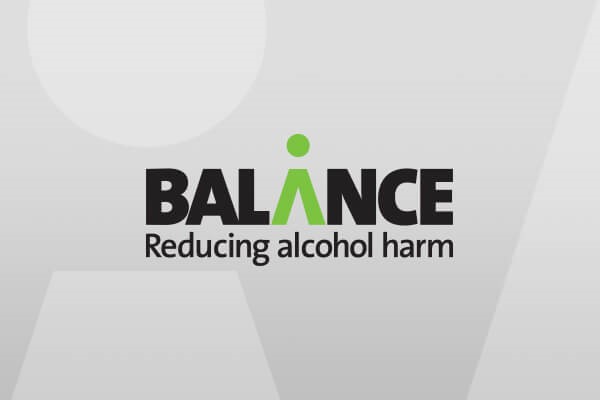Is drink sneaking up on you?
Only 16% of North Easterners are keeping check on how much alcohol they drink and fewer than half know what the maximum units are, according to new research from Balance, the North East Alcohol Office.
The latest snapshot of the region’s drinking habits are revealed as Balance, the North East Alcohol Office, launches a regional campaign encouraging people to check how much they are drinking and to raise awareness of the potential health harms.
The campaign, part of the Government’s Change4Life programme, encourages people to check their alcohol intake using an online Drinks Checker tool, or by downloading a drinks tracker app, which show how simple changes can benefit your health.
Research also showed that:
- Keeping track is lowest amongst 18-34 year olds.
- Fewer than half of us (47%) know what the maximum limits are.
To avoid health issues as a result of alcohol, adult drinkers are advised to stick to the Government’s recommended limits and should not regularly drink more than 2-3 units a day, or about two small glasses of wine, for a woman and 3-4 units, or about two pints of low strength beer or lager (3.5%), for a man. Regularly means drinking this amount most days or every day.
Dr John Green from the Prudhoe Medical Group said: “A lot of the patients we see aren’t aware of all the health risks associated with alcohol so this it’s important that we highlight the dangers and ensure people in our community understand units and the safe limits through these health campaigns.
“Many people don’t appreciate that most people who suffer from health problems because of their drinking are not alcoholics or binge drinkers but those who drink every day, or almost every day, over a number of years. Many suffer few immediate consequences, but over time it takes its toll.”
Colin Shevills, Director of Balance, the North East Alcohol Office, said: “Here in the region 49% of men and 29% of women are drinking too much, too often. But with only 16% of people monitoring how much they drink there is a danger that alcohol-related health problems in the North East will continue to increase, with people unaware of the damage they are doing to their health.
“Our campaign is essentially aiming to help people cut down. Drinking more than the recommended limits on a daily or almost daily basis can have serious long term implications for our health including cancer, heart disease, liver disease and stroke.
In the short term, drinking too much can cause anxiety, impotence or even death from alcohol poisoning or suffocation from choking on your own vomit.
“Taking a break from drinking or reducing your intake is good for your long term health – but there are also a range of immediate benefits such as feeling better in the mornings, having more energy during the day and losing weight.”
The short term health risks of alcohol:
- Anxiety
- Sexual difficulties such as impotence
- Impaired judgment leading to accidents and injuries
- Slowed breathing and heartbeat
- Loss of consciousness
- Suffocation through choking on your own vomit (aspiration)
- Potentially fatal poisoning
The good news is that the short term effects of drinking are reversible. When you reduce your drinking, the symptoms improve.
To check how many units you are drinking visit, try the Drinks Checker Challenge here.
